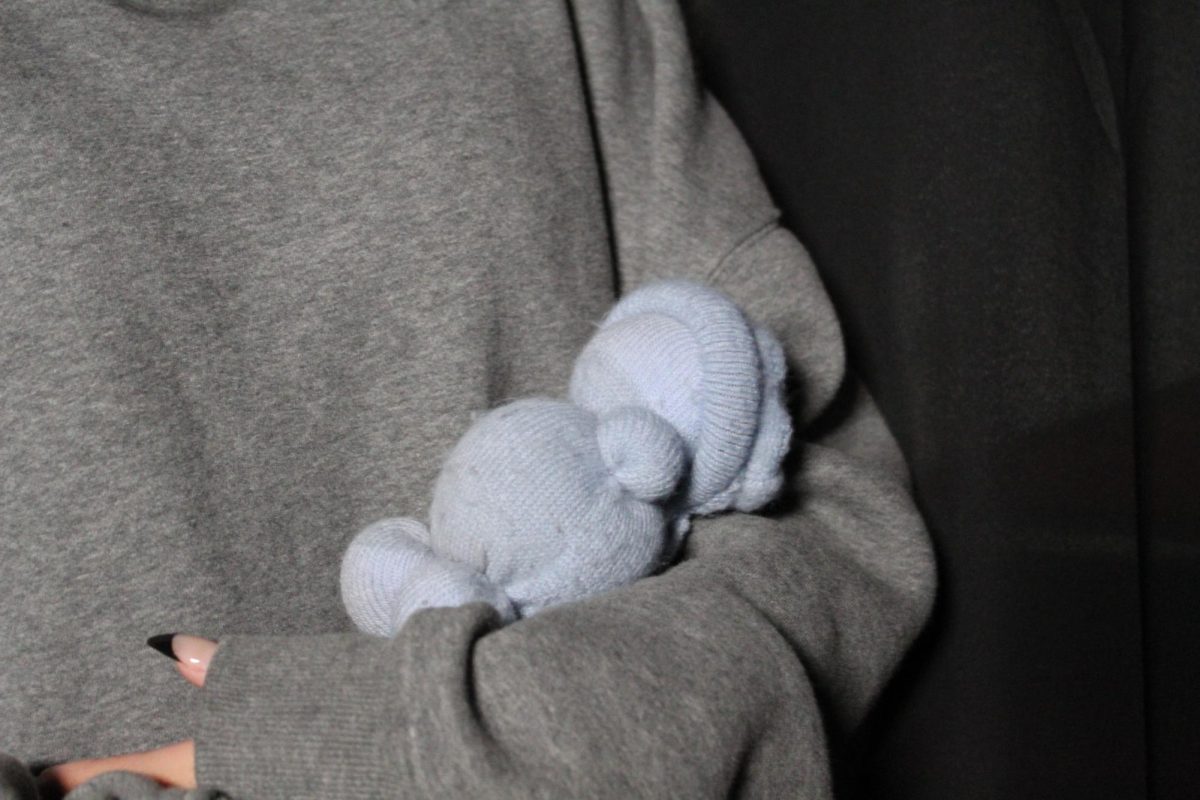A student gets to school on Wednesday morning realizing that they forgot their sock baby. They text their dad to bring the sock baby to school. This shows that this student is a bad sock parent, they will fail AP Psychology.
In AP Psychology students have an assignment that revolves around taking care of a sock baby to see how certain things in childhood would affect people in adult life.
“The sock baby project is designed to be a more open-ended way to learn about child development,” said Pamela McCarrel, an AP Phsycology teacher at MCHS. “They are learning about cognitive, emotional and physical development.”
During the project students raise their sock baby. The sock babies go through a different life stage every day so at the end of the project they are adults, so students get to see how their childhood affected their development.
“It was definitely challenging at times because it’s not a real child…I remember the first day I did leave it at the lunch table,” said sophomore Kyra Hanneman. “I got lunch and brought it back, and I was like wait I needed to bring my baby with me.
At times having and remembering the baby is a challenge.
“A little stressful, I have to bring him everywhere so he attends everything with me,” said sophomore Ashley Dumez. ”I think it’s a good leadership learning thing for me.”
With having these sock babies, students also get to name them and get creative.
“They just have fun kind of creating the identity and where they came from,” said McCarrel “They are super creative which I love, they dress them and it’s so fun.”
There are some things that students do not like, like having to find babysitters, and if they are being a bad parent, having to defend themselves and make a case.
Through having to take care of these sock babies, students learned about the effects of childhood on everyday life.
Having the sock babies also helps the students connect to the content more than if they were just doing a reading or doing work sheets.
While taking AP Psychology students learn about the different things that human brains go through. That includes brain development, which is what the project is meant to simulate.
Of course with this not being a real child it comes with its differences, like not having to change a diaper or hear it cry, but overall the way that this project is used is effective.
Students might take AP Psychology to boost their GPA, or because they have a genuine interest in psychology. Whatever the reason they will leave the class knowing more about the human brain, processes and how humans interact with the world.




